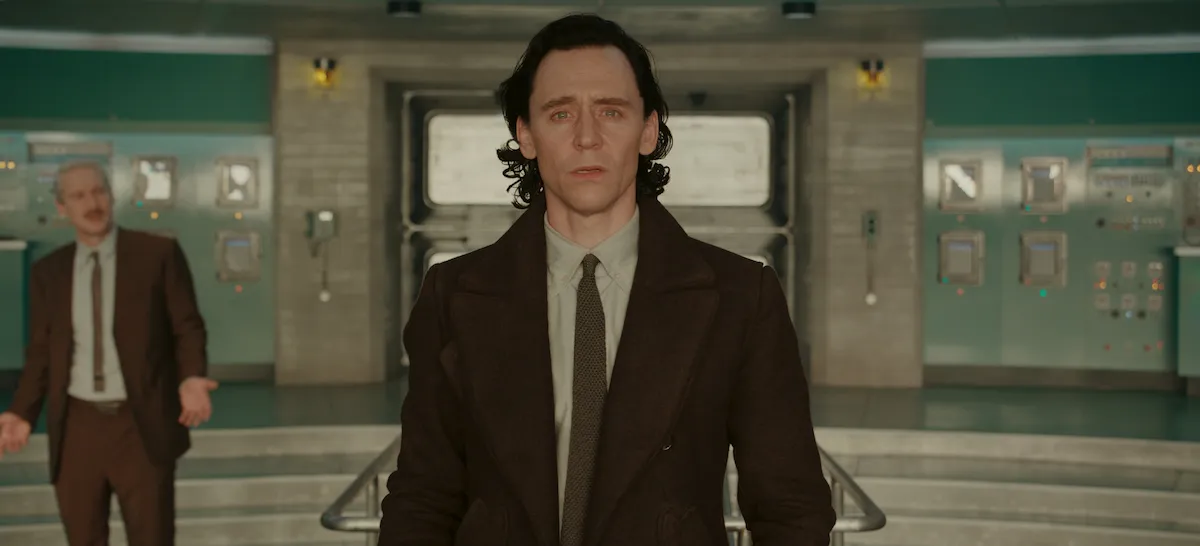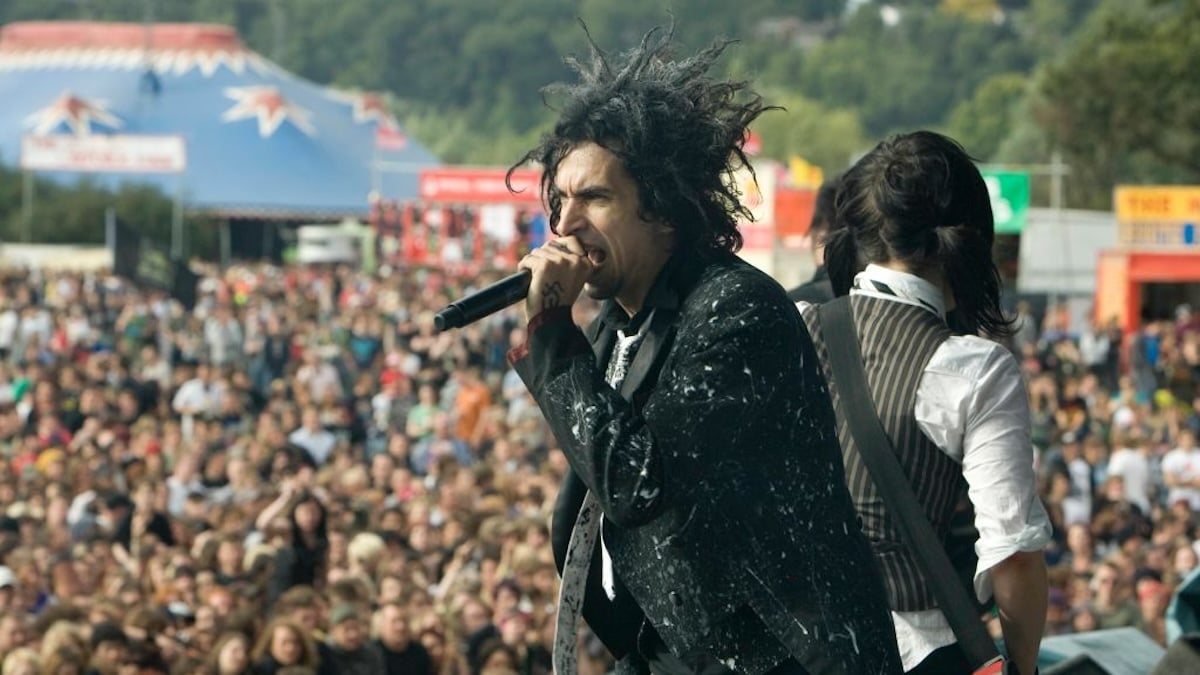Natalie Holt’s score for Loki seasons 1 and 2 is already memorable, with its combination of grand orchestral pieces and quieter, more contemplative tracks. Holt’s work in season 2 also includes an amazing nod to Norse myth—but you have to speak Old Norse to fully understand it.
This article contains spoilers for the Loki season 2 finale.
In season 1, Holt created especially memorable tracks using Scandinavian stringed instruments like the hardanger fiddle and the nyckelharpa. Working with writer Erlend Nødtvedt and musician Benedicte Maurseth, Holt included an Asgardian folk song with Norwegian lyrics, which Loki sings on the train on Lamentis. For season 2, Holt turned to the Eddas, the collections of stories and poems that contain the stories of the Norse gods, and put one poem to music.
Holt shared her process with Marvel.com:
I found this poem — this old Edda, the Lokasenna — which is in very old Norse not spoken today. The closest language is Icelandic. I found this Icelandic specialist who helped us use the text in the choir and recorded with these singers in Iceland and then also a giant 40-piece choir in Vienna. I felt like these constant voices were whispering to Loki and calling him to his destiny, which we finally see in Episode 6. And it feels like this big symphonic choral work, which I’m just excited for people to hear.
The Lokasenna, translated as “Loki’s Home-Truths” or “The Flyting of Loki,” tells the story of how Loki crashes a banquet that the sea god Ægir has put on for the rest of the gods. Once there, Loki flings insults at each god in attendance, in a kind of Norse verbal duel called flyting. The incident is the precursor to Loki’s banishment to a cave under the Earth, where he’s tied down with his son’s entrails and forced to endure a snake’s venom dripping into his eyes until Ragnarok.
Suffice it say that the Lokasenna is an interesting choice to use in a story about Loki’s noble self-sacrifice (especially when you look at the content of Loki’s insults). I’ll admit, my Old Norse isn’t good enough for me to identify which lines Holt used for the soundtrack (confession: I don’t speak Old Norse at all), so it’s hard to say exactly how the poem resonates with the scenes it’s used in. It’s still cool to know it’s there, though—especially since, like his mythological counterpart, Marvel’s Loki ends up in exile.
So, if you dive back into Loki for a season 2 rewatch, listen for those voices calling Loki to his destiny! You’ll be hearing a little slice of living history.
(featured image: Disney+)









